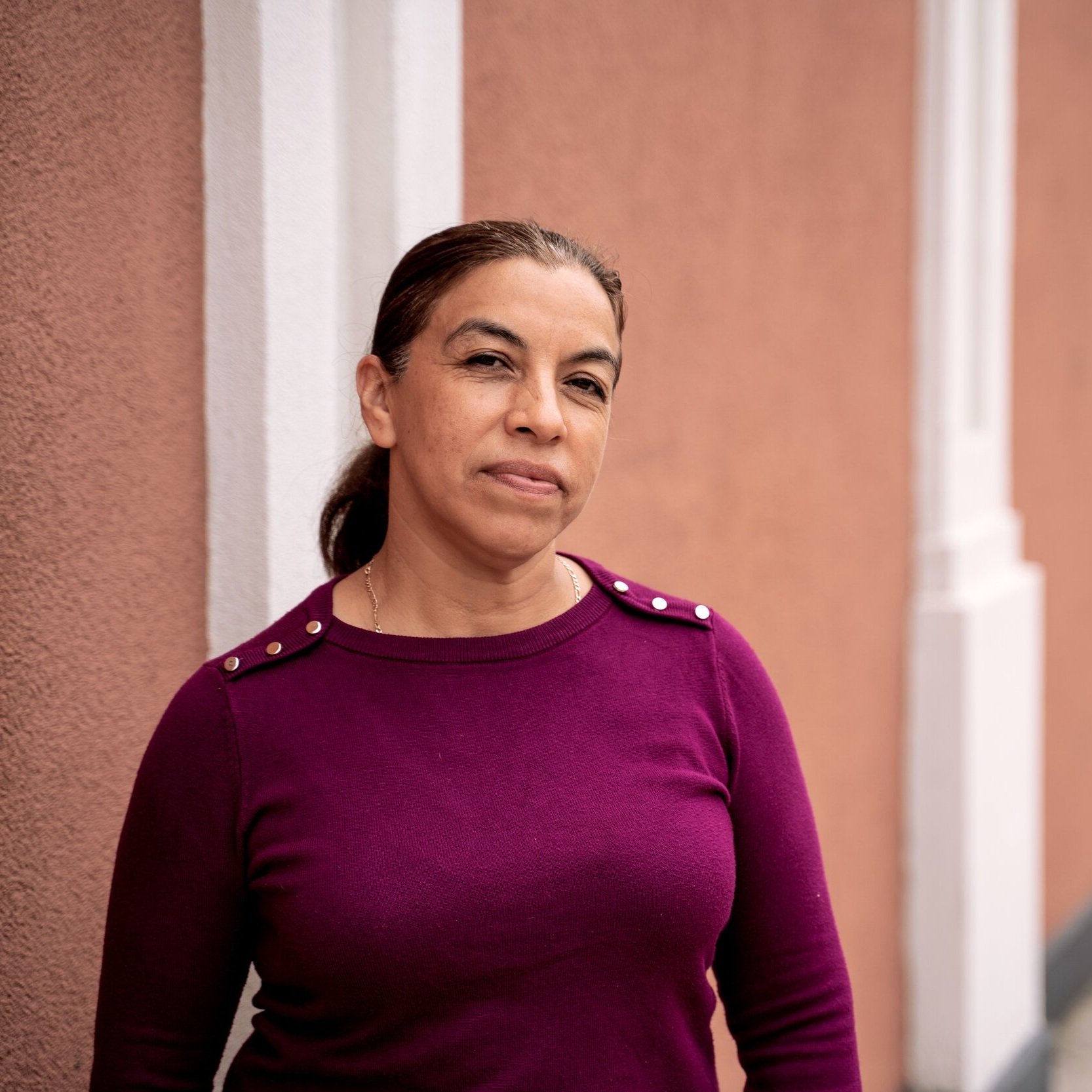Belmont Cragin Equity Fund
Modeled after national and global Universal Basic Income programs, the Belmont Cragin Equity Fund promotes the idea that the government should provide citizens unconditional basic income to break cycles of poverty and to help families meet basic living expenses.
In partnership with UpTogether, the Northwest Center is excited to launch this fund to provide direct financial support to fifty families in Belmont Cragin.
Meet one of our BCEF participants, Gloria. Long before she took part in the BCEF, Gloria was (and remains) an active parent leader in our community. "The Parent Mentor Program was a great learning experience that has served me really well in life." As of July 2021, she’s also among the first participants in BCEF. "The Belmont Cragin Equity Fund came into my life when I needed it. "During the pandemic," Gloria shared, "my husband lost his job and so did I. It helped me pay the rent, pay the incoming expenses, so I didn't have to say: where will I go? So thank you to your program and UpTogether and all those who are involved in helping families."
Who’s participating?
This fund is reserved for 50 households in Belmont Cragin. To reflect our community demographic, our prioritized participants are Latinx, multigenerational households, immigrant and undocumented community members, and single or fixed income households.
How does it work?
Our participants have been randomly divided into two groups. From July 2021 - July 2022, half will receive quarterly payments of $550, and the other half will receive monthly payments of $350.
How were families selected?
To select the fifty participating families, the NWC reserved 30 slots for families we have engaged through programs, and offered 20 slots to organizational partners to nominate families they serve. Every participant in the program must be a resident of Belmont Cragin, and must be Black and/or Latinx. In addition to these criteria, we worked as a team to craft a rubric designed to weigh participants' household demographics and financial situations against a variety of criteria to reach folks who would most benefit from this program.
Examples of that criteria included prioritizing households with children, older adults, single parents, immigrants, undocumented members, and people with disabilities. Additional criteria considers fixed income households, documented economic hardship, current assistance load, household income to expense discrepancy, and prioritizes folks with incomes at or below 20% AMI.
See our rubric here.
Evaluation
We will be conducting a program evaluation of BCEF. The intention of this evaluation is to contribute to existing academic literature on direct cash assistance compared to traditional service-based programming. There is a great body of literature on direct cash assistance by nonprofits in developing countries, and on government-run direct cash assistance programs in the US, but there is little existing research on direct cash assistance programs run by a nonprofit in the US targeting our specific population. We have an opportunity to make a real difference by contributing to the literature of programs like this, and an opportunity to build momentum for more direct cash programs by nonprofits and government entities alike.
KEEP THE CONVERSATION GOING
We may be among the first, but we don't intend to be the last. The NWC team would be happy to talk to you about our learnings and best practices in the hopes of spreading this model to other organizations.
Reach out to us at info@nwshc.org

